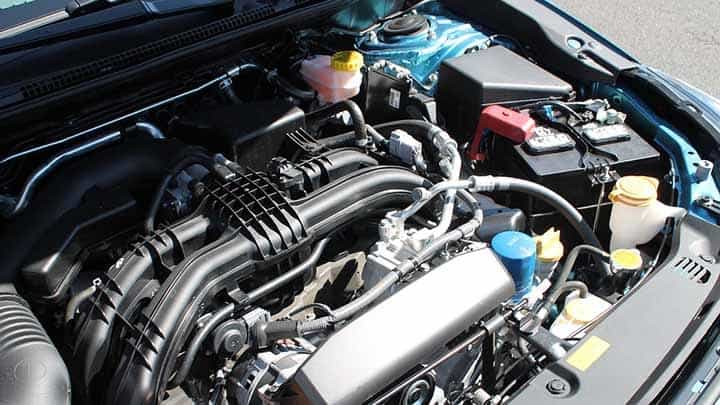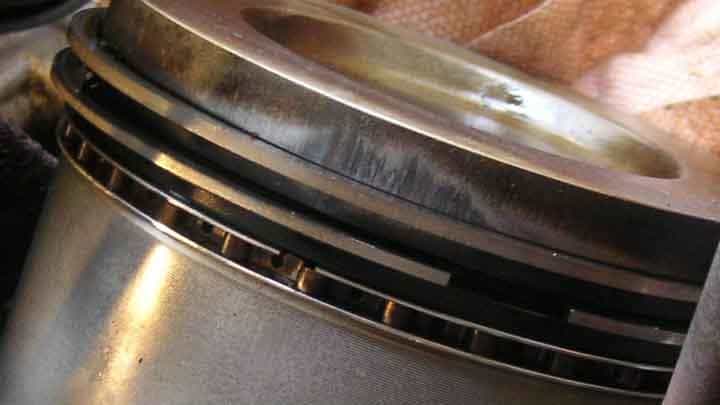
The internal combustion engine of every vehicle contains a certain number of cylinders. These cylinders are responsible for mixing air and fuel together before they are ignited during the combustion process. In order for a cylinder to do its job efficiently, it needs the proper level of compression to keep the combustion normal in the engine. If there is not enough compression, then it will have a negative influence on the combustion process. This will ultimately make it difficult to start the engine and/or accelerate the vehicle. The overall engine performance will be compromised. This is not something you can live with for very long as a driver.
6 Common Causes
Low compression in the cylinders of a car engine is surely noticeable because your driving ability will be impaired. That is why you need to figure out what caused this problem and then fix it before it progressively gets worse. There are several different causes of low compression in a car engine. To help you spot these causes, below are the top 6 causes of low compression in a car engine. Investigate your engine’s low compression problem with these causes in mind.
1) Valve Bent
Every engine cylinder has an intake valve and exhaust valve. The former is responsible for letting air and fuel into the cylinder and the latter is responsible for releasing exhaust gases which form after the combustion process. The opening and closing of these two valves must be timed just right. If the valve failure due to bent, then compression will be low.
2) Valve Seals Worn and Leaks
Valve seals are responsible to let the valves moving up and down (open and close) and block the oil comes to combustion camber and keep the compression high as standard. If the valve seal worn and leak the compression will be low.
3) Worn Timing Belt
A worn out or broken timing belt may cause low compression issues in the cylinders. Since the timing belt turns the camshaft and crankshaft together, a bad timing belt will cause the timing of the intake valve and exhaust valve to be thrown off. As a result, combustion gases cannot escape the cylinders at the appropriate times. Consequently, low compression occurs from this.
Read also:
- 5 Causes of Engine Ticking Noise at Idle and Accelerating
- 5 Best 12v Portable Air Compressors for Your Car
4) Bad Head Gasket
The head of the cylinder contains a head gasket. The main job of the head gasket is to assist in containing the combustion gases of the cylinder and prevent them from escaping. If the head gasket becomes worn out or damaged, gases will leak from it. Leaky gases cause low compression to occur in the cylinders. This will spell trouble for the engine and the combustion process.
5) Bad Piston Rings
Excessive amounts of heat can easily damage the piston rings of the engine. Normally, carbon emission gases are secured inside of the cylinder because of the piston rings. So, if you have damaged or faulty piston rings, these gases can easily leak out through the piston rings. This is how low compression inside the cylinders can occur. The simple solution here is to replace the piston rings before any real damage is caused to the other components as a result of the leak.
6) Worn Piston
Every cylinder of an engine has a corresponding piston. Aluminum alloy is typically used in the construction of the piston because it can endure strong engine power. But if there is ever a situation where the engine overheats or generates too much heat, this aluminum alloy of the pistons will start forming hot spots in them. As extreme temperatures continue, these hot spots will burn until holes form in the pistons. At this point, fuel inside the pistons will leak through the wholes because they’ll no longer be secured inside them. As the cylinders lose fuel, they will also lose compression.


